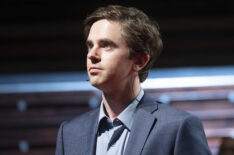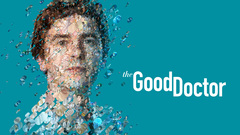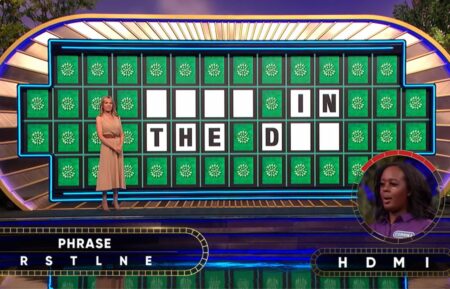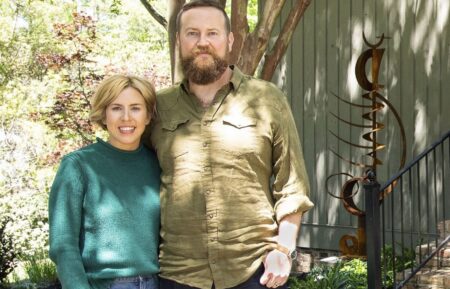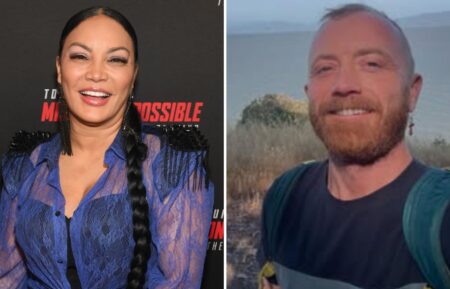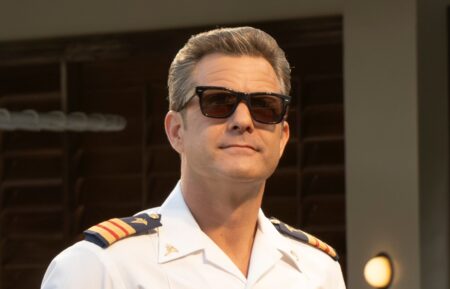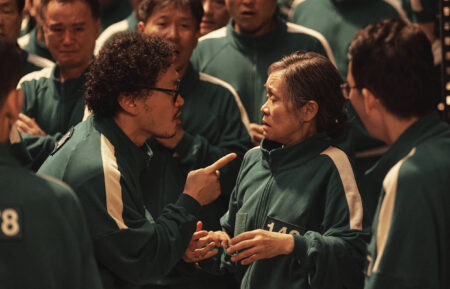‘The Good Doctor’ Bosses Reflect on Shaun’s ‘Important’ Story & Show’s Impact
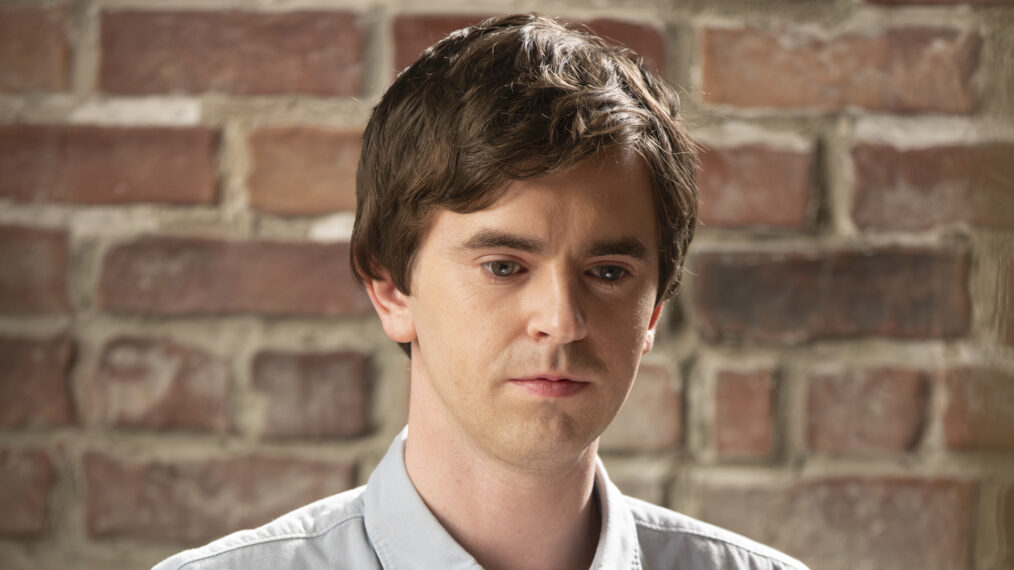
Spoiler Alert
[Warning: The following contains MAJOR spoilers for The Good Doctor series finale.]
Freddie Highmore‘s Dr. Shaun Murphy will always be out there somewhere helping people heal. That was the main message The Good Doctor creators wanted to deliver in the May 21 series finale, and they did that through a time jump that revealed how Shaun and Dr. Claire Browne’s (Antonia Thomas) careers evolved after the events of the finale — and what memorable events they were.
Shaun was determined to craft a miraculous solution to Dr. Aaron Glassman (Richard Schiff) and Claire’s cancer cases, but Glassman refused treatment. Rather than spend his final months undergoing potentially painful medical procedures, Glassman chose to make the most of the six months he had left. Since he was leaving his job because of his prognosis, Glassman performed Shaun and Charlie’s (Kayla Cromer) non-FDA approved experimental treatment on Claire. Glassman no doubt lost his medical license because of this, but he saved Claire’s life and Shaun’s career in the process. It was an easy decision for him to make, one that Shaun was prepared to make first.
For Shaun to be willing to give up his career as a surgeon was the ultimate sign of his evolution from the beginning of the series to the end. The character was a revolutionary one when the series first began. Before The Good Doctor premiered in September 2017, it was rare to see an autistic character at the center of a series, and even more rare to see an autistic character with such a successful career and happy family.
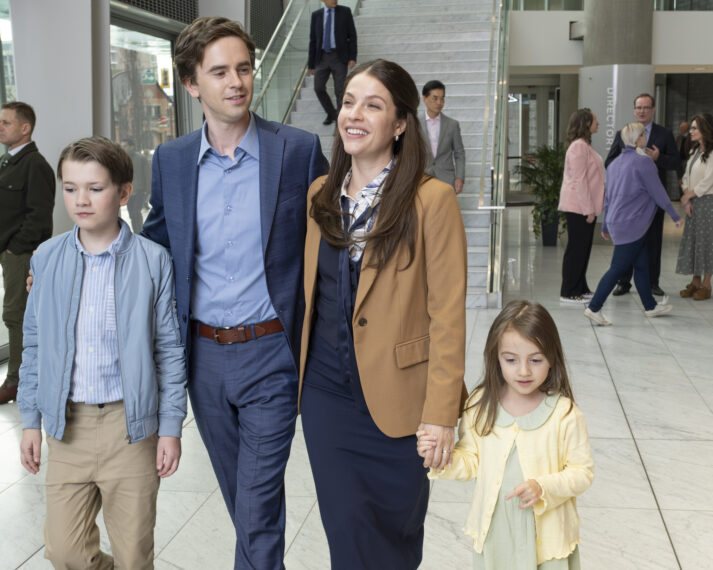
Disney / Jeff Weddell
The Good Doctor did a lot of heavy lifting for neurodivergent representation in TV, giving viewers an example of how to care for a neurodivergent child and love a neurodivergent adult. Most importantly, it set an example for neurodivergent viewers that they can be represented on TV by providing a heroic character whose out-of-the-box thinking was their greatest strength when much of society told them it was weakness. Neurodivergent characters have become more common during the show’s seven-year run.
Co-showrunners David Shore and Liz Friedman reflect on the series’ impact.
“Probably the most meaningful mail or stories we get are from people who have never seen themselves on TV in this way, and quite often parents whose children were influenced by it,” Shore says. “You put your head down and you work hard and you do a TV show, and you’re just trying to do the job the best you can and entertain people. You try not to get caught up in what may be the importance of your TV show, but it’s there in your mind. You’re just kind of afraid to think about it.”
“Ultimately the most important part of it is the importance,” Shore continues. “I remember when the show started, there was an article in one of the trade papers about diversity. It talked about all the people making a difference in diversity, and there wasn’t one mention of neurodiversity. Even in a story about diversity, they didn’t talk about neurodiversity. And so if we have been part of a process to change that, that’s not a terrible legacy. Very, very happy to have that be the case.”
Friedman remarks on the impact of creating gay characters for TV.
“I’m gay, and when I was growing up, there were no gay characters on TV. I remember there was a TV movie that I was — just as a sad, lonely, closeted gay kid — fascinated by. It really is powerful to be able to see characters like you,” Friedman shares. “It really makes one feel so much less alone. And as David was saying, the contact we have with people who are on the spectrum, or parents or people talking about how they’ve learned to be open to the potential in their kids, or get other people to not start writing their kids off and allow for the possibility that they can have careers and full adult lives, it’s the old, ‘If this show changed that for even one person, that’s great.'”
“The people we meet on TV are often people we don’t meet in real life,” Shore continues. “Representation for the people who haven’t seen themselves on TV is probably the most important. But it is also important for the people who aren’t represented on TV, for them to meet people like this and to fall in love with people like this and for them to take that forward into their own lives. That’s a real power that TV has.”
The Good Doctor, Streaming now, Hulu
From TV Guide Magazine
How 'Countdown' Recruited Jensen Ackles to Go Full 'Die Hard'
Countdown boss Derek Haas talks creating the character around Ackles, and the cast teases the “Avengers”-like team of the crime thriller. Read the story now on TV Insider.

